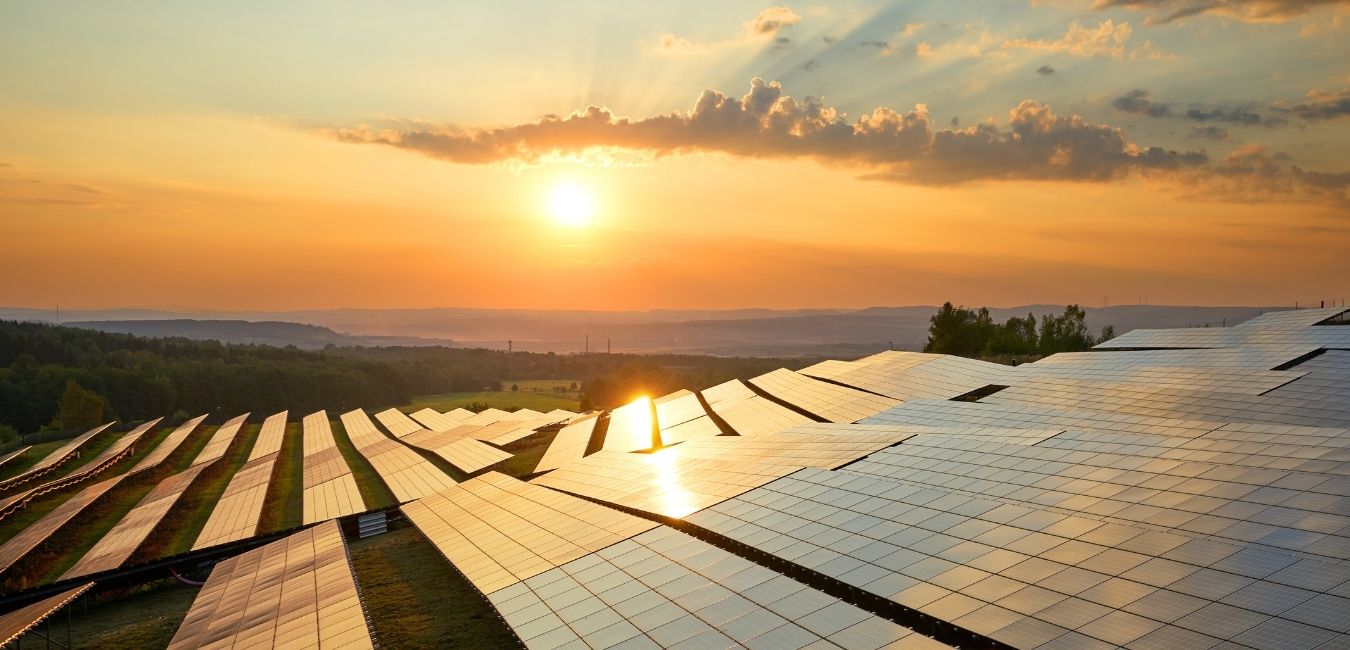Avoid These 5 Things When Installing Solar Panels
With the solar industry expanding at an unprecedented rate, there is a great deal of flexibility in how you choose to go solar. However, you will have a much more positive solar experience if you avoid the following 5 traps at all costs.
Don’t Cost-Cut
Don’t Ignore Warranties
Don’t Wait Too Long
“DIY” Could Be Dangerous
Don’t Skimp on Research
Risk #1: Don't Cost-Cut
- Do: Invest in quality, long-lasting solar equipment.
- Don’t: Cost-cut
In some purchasing situations, cost-cutting could make a lot of sense. Such is not the case with a solar energy investment. Here’s why:
In an attempt to make “going solar” more widespread, some producers of solar equipment have opted for the “low-cost” niche of the solar world.
However, these less expensive solar panels are often produced at the expense of quality and durability. In the world of solar, cutting costs often means cutting corners.
Protect Yourself
When going solar, look for high-quality materials. Ask your installer about the panels they use and ask about the failure rate. In addition, consider the following:
Look at the History of the Solar Manufacturer and Installer – Are They Reliable? Can You Find Happy Customers?
Ensure That Reliability Testing Is Done – High-Quality Solar Panels Are Stringently Tested and Results Should Be Public
A Word On Inverters
Importantly, in the discussion about avoiding solar-equipment cost-cutting, we’re not just speaking of the actual solar panels themselves (although we mean those too).
Another important cost not to cut is on your inverter.Inverters are the most fragilepart of a solar array system and the part most likely to fail.
Sometimes some buyers and installers try to cut costs by purchasing inverters that don’t support the capacity of their solar panels. In order to protect yourself and your investment, don’t cut costs on your inverter!
If you need to reduce your initial investment costs for your solar array, the general industry advice is to purchase fewer solar panels upfront rather than skimping on quality.
None of this is to say that there is a direct cause-effect relationship between cost and quality; just because a solar panel is more expensive does not inherently make it better than a slightly less expensive panel.
However, do be wary of solar equipment that is significantly below the average going rate for similar products sold by other companies. Ask good questions and be sure you know exactly where your equipment is coming from.
Risk #2: Don't Ignore Warranties
- Do: Get warranties on your solar panels (about 25 years), your inverters (about 5-10 years, unless they are micro-inverters), and a parts & labor warranty (ranges from 2-10 years).
- Don’t: Skip the warranties!
Warranties protect your solar-equipment investment and hold the manufacturer accountable. Additionally, in order to be eligible for some incentive programs, such as Energy Trust of Oregon solar incentives, your equipment and installation must be protected under minimum warranties.
There are three types of recommended warranties:
- a solar panel warranty
- an inverter warranty
- an installation warranty.
In today’s solar panel market, warranties typically protect your investment for 25-30 years. Be wary of warranties that are significantly shorter as the product could be manufactured at lower-than-industry standards.
What Does A Solar Panel Warranty Actually Cover?
The solar panel warranty has to do with a guaranteed minimum power output over the warranty period of the panel. The standard industry warranty promises at least an 80% energy output for the number of years the panels are under warranty, however, the industry norm for inverter warranties varies.
For a “string inverter,” 5-10 years tends to be the minimum warranty period (a string inverter manages power from a “string” of solar panels, in other words, multiple solar panels at once).
Micro-inverters, on the other hand, can maintain warranties of 20-25 years. A micro-inverter is a small inverter attached directly to a single panel, such that each panel has its own inverter.
Ask your installer which is more appropriate for your solar installation. Micro-inverters are a bit more expensive up front, but allow greater resilience and reliability down the road.
What Do Inverter Warranties Typically Cover?
Defects caused by material or manufacturing/workmanship flaws.
What Do Not Inverter Warranties Typically Cover?
Improper installations, Improper maintenance, and normal wear and tear or damage caused by exposure to extreme conditions (lightning, storms, etc.)
A third warranty to consider is the installation warranty. Even the best products won’t perform well if installed incorrectly. Additionally, a poor installation could cause expensive damage to your home and pose safety risks for you and your family.
The length of installation warranties is pretty vast, typically spanning from 2 to 10 years. Be sure to ask your installer about the length of their installation warranty. At Sunbridge, we offer a full 10-year warranty, for example.
What Is Covered In A Typical Installation Warranty?
Most warranties cover the miscellaneous parts and labor associated with replacing or repairing your system as well as roof penetrations made during installation. Some also include the cost of removing, shipping and re-installing, or replacing any defective part(s) that were the result of the solar contractor’s design or installation work.
Risk #3: Don't Wait Too Long To Go Solar
- Do: Wait long enough to understand your options and thoroughly understand the opportunity that solar might represent. But if it makes sense, reach out to a professional before incentives and tax breaks are reduced or end.
- Don’t: Wait too long before going solar.
I know that sounds like a sales pitch.
But one great way to get your solar array system to “pay for itself” is through the use of state and federal incentives that promote renewable energy. However, some of these programs have expiration dates that are coming up. Here are some examples of great incentives that won’t be around forever…
These expenditures include:
- equipment
- labor costs for site preparation and installation
- wiring to connect the system to the home.
If the federal tax credit goes above your tax liability, the excess amount may be carried into the succeeding taxable year. However, please be aware that each year this federal tax credit on solar decreases. See the chart below for updated percents:
Risk #4: “DIY” Could Be A Dangerous Move
- Do: Work with a professional to help you get the most out of your solar investment.
- Don’t: DIY (“Do It Yourself”) without extreme caution and experience. Electricity is extremely dangerous if handled improperly.
Although the “Do It Yourself” movement is fantastic for some projects, going solar may not be one of them. Solar installations require knowledge of electrical and roofing systems, so think carefully before you decide to go it alone. A single roof leak can cause thousands of dollars in damages, and electrical safety can be an issue as well.
4 Risks To A DIY Installation
Leaky roofs. When you install a solar array system, you have to create holes in your roof. This step in and of itself can cause roof damage. Furthermore, if these holes are not sealed properly, they can result in leaky roofs and water damage to your home.
Wiring problems. Installing a solar system is an electrical job and can pose a threat of electricity shocks if done incorrectly. Furthermore, if the wiring isn’t done correctly, you could pose a risk for future home fires and electrical shorts. Use extreme caution if you decide to DIY, and always consult a licensed electrician.
Non-compliance with safety codes and standards. The building safety standards and electrical codes (at the local, state, and federal levels) are hard to navigate. Building and electrical codes can be challenging to decipher correctly. Permitting and fees, in addition to incentive paperwork, must all be completed correctly, so again, be cautious.
Voided Warranties. Some warranties require a professional installer in order to be valid. Some warranties stipulate that if the product under warranty is installed by anyone other than a licensed installer, the warranty is void.
Risk 5: Don’t Skimp On The Research
- Do: request expert advice from local solar professionals.
- Don’t: do little research
- Request your free consultation here
It is a good idea to have at least a basic idea of how solar panels might work for you and what the basic incentives are prior to contacting a professional. This prevents “buyer’s remorse” and helps you stay comfortable and confident when discussing a solar investment.


